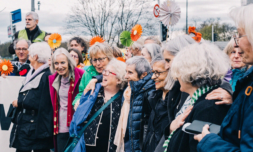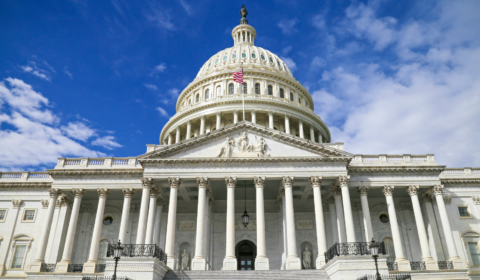Despite feeling the toughest financial pinch in over 40 years, research reveals the British public is still willing to pay a bit more for ethically sourced and sustainably made products.
Life is getting expensive these days.
Around the world, inflation is causing the price of even the most basic items – such as bread, eggs, and milk – to skyrocket at rates not seen in over four decades.
In times like this, you’d think that shoppers would abandon slightly more expensive sustainable options in favour of products priced at lower costs. However, recent market data in Britain is depicting quite the opposite.
The group behind the Fairtrade symbol seen commonly in grocery shops has reported a surplus of £13 million in income last year, a jump from the £12.8 million it earned in the year 2022.
This indicates that people are still being conscious about how they use their spending power – and they’re choosing to spend ethically despite feeling the pinch.





















